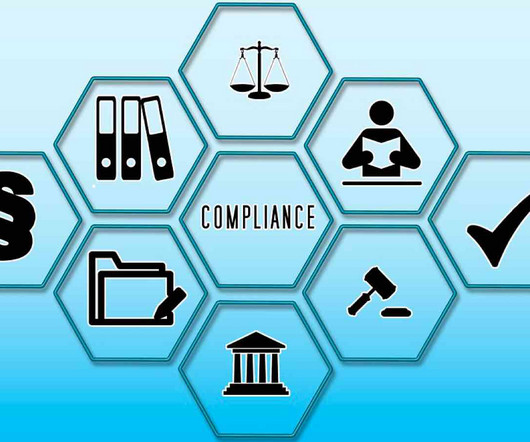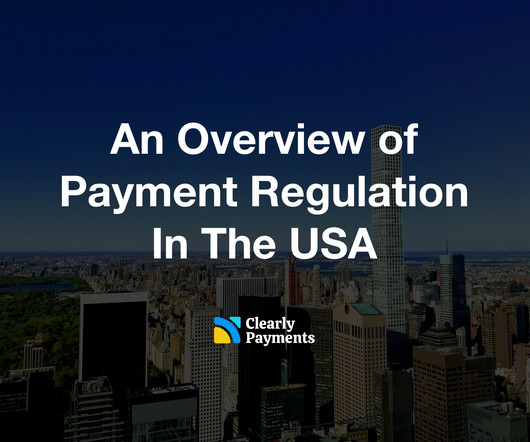The Price of Convenience: Is There Such a Thing as Free Credit Card Processing?
Stax
JULY 7, 2025
Payment method diversification: Surcharging incentivizes customers to explore alternative payment methods, such as cash or debit cards, which do not incur high fees. Surcharging: Is It Free Credit Card Processing For Small Businesses? Local laws and regulations govern surcharging in each jurisdiction.












Let's personalize your content